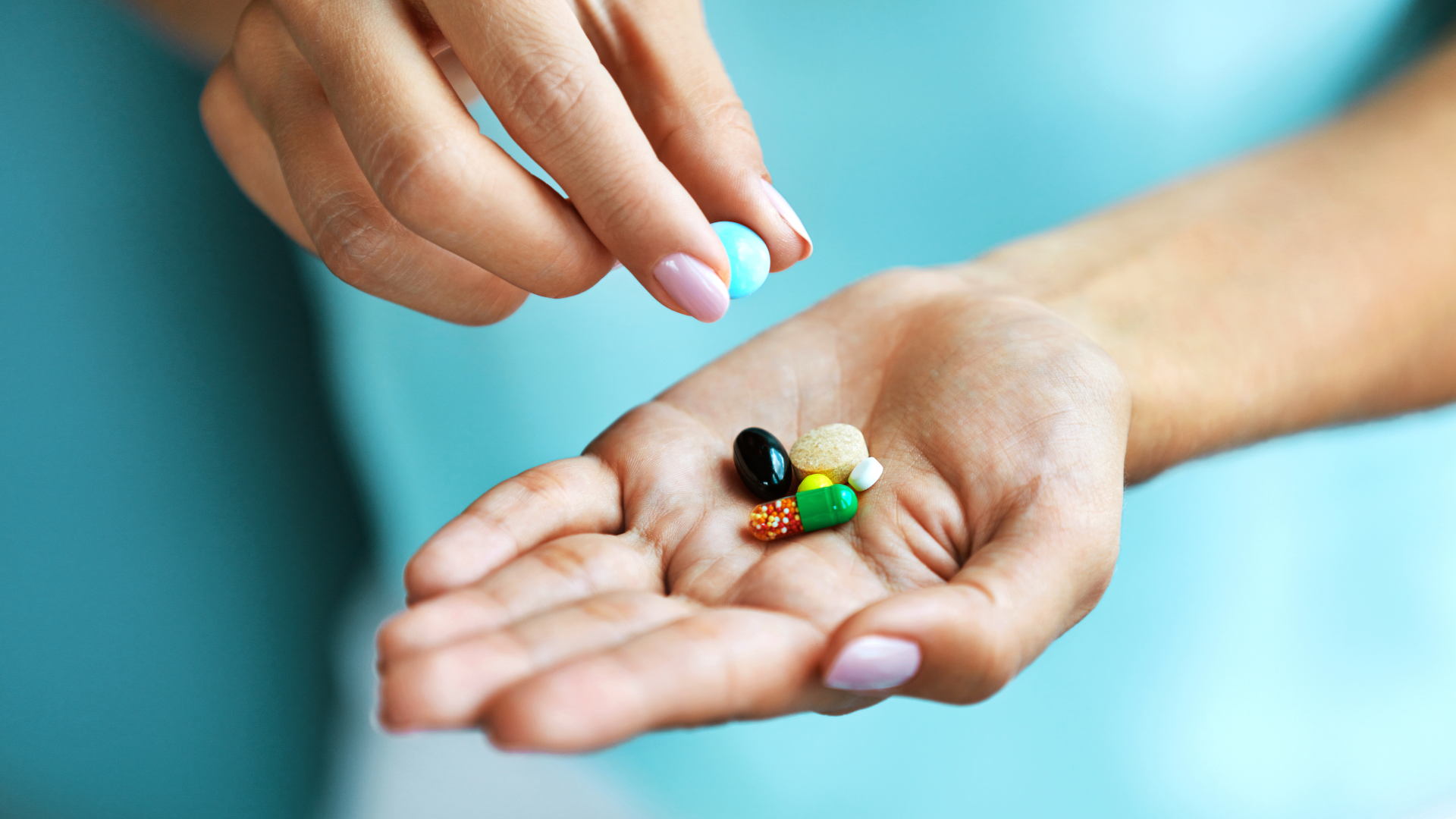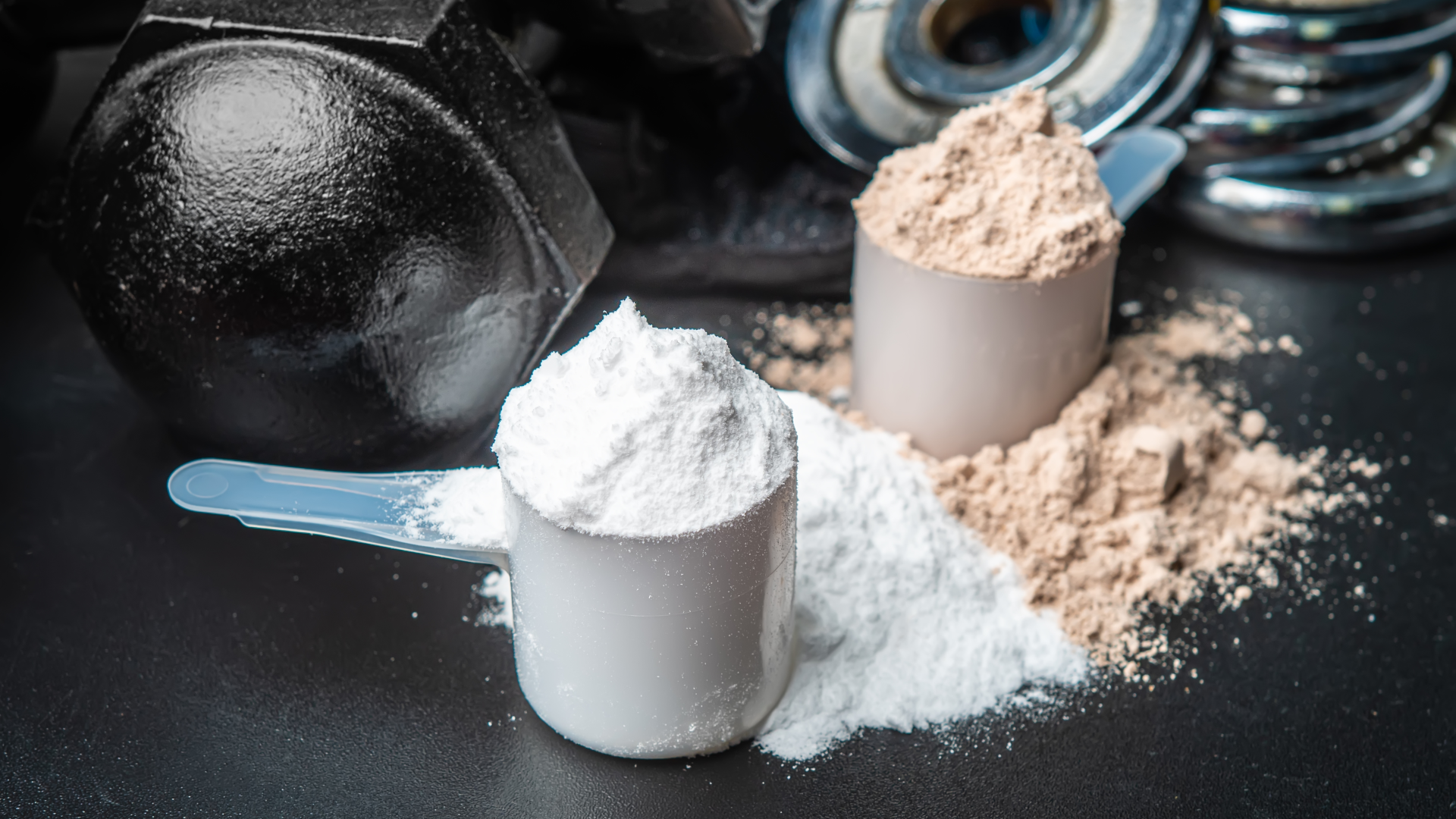Grab your cheat sheet |
We sometimes need a slow release of energy for long sustained periods while we’re strength training. Still, at other times, we need a quick-release boost of energy to see us through the reps and sets of a tough training session to increase physical performance and build muscle.
This is creatine’s time to shine…
Creatine supplements are the worst-kept secret in bodybuilding, and those aware of their credentials use them to the max. Those who aren’t benefiting tend to be people who have never used it previously or have been misusing it.
It’s the same with any supplement; taking it for the wrong exercise or at the wrong time will be useless. With the proper knowledge, you can start to unleash the power of a creatine supplement and use it to power your workouts like never before to build more muscle mass and increase muscular strength.
One of the things that people struggle with is when to take a creatine supplement, not knowing whether to take it before, during or after - which we’re going to explore.
What is creatine?
Creatine is found naturally in our body, both in our muscles and our brain, and it can be absorbed in small amounts through the food we eat, such as:

- Red meat, including ground beef and steak
- Chicken
- Fish such as Salmon, cod and tuna
- Nuts, including walnuts and almonds
- Watercress
- Parmesan cheese
- Pumpkin and sesame seeds
Creatine is also produced in small quantities by our kidneys, liver and pancreas. It’s stored in our muscles and used for energy when our body demands it.
Because we can only take in a small amount of creatine from food consumption and the tiny amount our bodies produce naturally, it’s no surprise that those looking to push their bodies to new limits are supplementing with creatine monohydrate. It’s the only realistic way to get additional creatine into our system in larger doses.
Why take creatine?
Creatine isn’t a one-trick pony. Yes, those looking for multiple energy boosts are reaping the benefits, but its benefits don’t end there.
Let’s have a closer look…
Energy and strength
Athletes use creatine to help them push harder and for longer for increased athletic performance. This means more reps, more sets and more gains. The additional energy released by creatine means more work can be done, and a faster progression can be achieved.
It’s particularly popular for high-intensity workouts where a short, sharp energy boost is needed. This has been confirmed in recent scientific studies where it has been shown to amplify the effects of resistance training and aerobic endurance and the quality of high-intensity exercise.
Recovery from exercise
As well as boosting performance during exercise, creatine can help with recovery, as it can assist in reducing dehydration, injuries and damage to ligaments. It can also deter muscle cramping and enable a fast recovery, which is beneficial for training.

Creatine is becoming increasingly popular during competitions as it helps keep you going for longer periods and speeds up recovery for the next round.
Cognitive health
Studies have shown that creatine has tremendous benefits to brain health and cognition. It can help with focus, mood and memory in younger and older people.
This can also greatly benefit those who work out regularly, as concentration and being in the right frame of mind are essential.
Skin health
It’s been reported that creatine can help reduce the signs of aging by preventing and treating issues such as skin sagging and wrinkles. More research is needed, but the early findings are highly encouraging.

Creatine can be added to cream and applied directly to the skin, but some of the best results appear when taken orally, alongside an exercise routine.
Bone health
There have been encouraging signs that creatine supplementation may also benefit bone strength as it can help reduce the decline in bone mineral density.
Is creatine safe to use?
We’ve seen the benefits of creatine, but with the good must come the bad, so what are the negative issues with taking it as a supplement?
The overriding consensus is that there should be no severe side effects if you take it in the recommended dosage. Most problems arise when people take too much. Issues such as stomach cramps and weight gain can occur if more than the recommended dose is taken.

There is a word of caution, however, for those who are combining it with caffeine, as it may decrease the effectiveness of the creatine, and it’s not recommended for those with kidney issues. There may be a small weight gain when you first start to supplement with creatine, but this is simply due to water retention, and it should soon disappear and will be expelled from your body through sweat and urine. If you stick to the recommended daily dose, creatine is a safe and effective supplement.
When is the best time to take creatine?
As well as being multi-purpose, creatine is versatile, meaning it can be taken at various stages of your exercise routine, depending on what you want to use it for. The recommended daily dose is usually around 5g, which can be added to water or a cold drink for easy consumption.
Some prefer to take creatine at a particular time each day to load their system, so it’s good to go whenever needed. Plus, if you get into a routine, it’s easier to remember to take it. However, there are other, more specific times you might like to take it.
Taking creatine pre-workout
If you’re taking creatine as a pre-workout supplement, you should be doing so between 30 and 60 minutes before exercise to gain maximum benefit. In doing so, you’ll allow yourself to work out at peak levels. This is especially beneficial if you’re doing high-intensity training, as it will help you to push yourself harder and for longer. Creatine is one of the most popular pre-workout supplements.
Taking creatine after post-workout
Waiting until after your workout will help you recover more quickly, and studies have shown that creatine can reduce inflammation, which will not only aid your recovery but also reduce the chance of getting injured.

It can also help you gain muscle mass as it increases intracellular fluid.
Taking creatine with meals
If it’s easier for you to get into a routine of taking creatine with a meal, that’s fine. Just make sure you don’t exceed the recommended daily dose.
Creatine supplementation may not be as effective if taken too long before or after exercise, as creatine’s effectiveness decreases after an hour.
Taking creatine on rest days
Rest days are when your muscles are not only recovering but are in the muscle-building phase, so taking a supplement such as creatine, which actively assists in recovery, will help.
Not only will it replenish the creatine stores in your system, but it will also help in muscle recovery, support muscle growth and reduce the risk of injury when you next work out.
So when should you take creatine?
Everybody is different…
When you decide to take your creatine, it will depend on what works best for you, but an ideal scenario would be to take half a dose before a workout and the remaining half afterward. This will both fuel your exercise and assist in your recovery.
On rest days, you can take creatine to keep your system topped up and assist in the recovery process. Creatine supplementation will also help keep you mentally focused on your challenges and help to keep your bones strong and healthy.
If you are looking for creatine, then Crazy Nutrition’s CRN-5 packs in 5 grams of creatine with electrolytes for powerful muscle growth, increased blood flow, and enhanced pumps.



